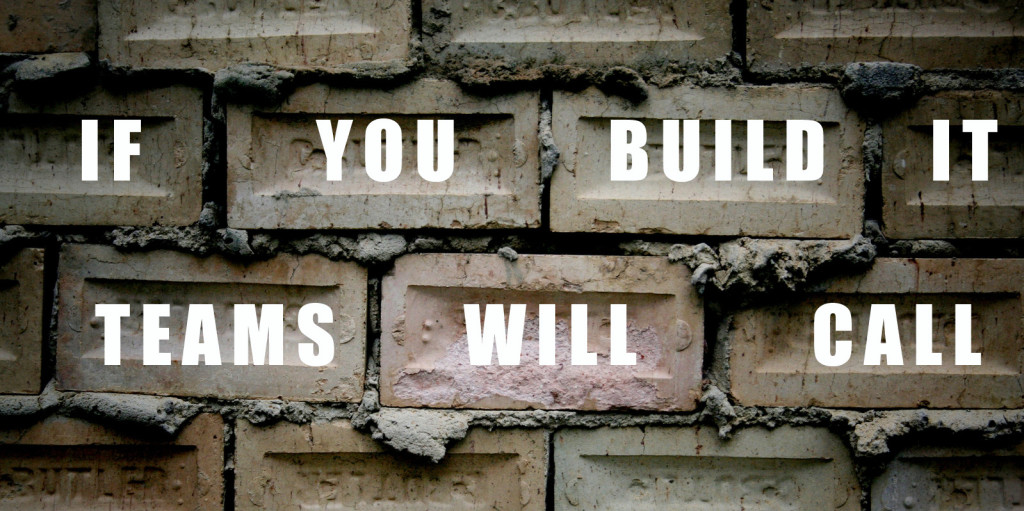 This article is designed to inform strength and conditioning coaches or sport performance coaches how to build attentive and effective resumes for their profession based on Ron McKeefery’s CEO Strength Coach. Coach Mac gives insightful information about how to get your resume to the top of the pile when it comes to obtaining the job of your dreams. Here are 3 key takeaway points that I learned in the chapter, “If You Build It, Teams Will Call.”
This article is designed to inform strength and conditioning coaches or sport performance coaches how to build attentive and effective resumes for their profession based on Ron McKeefery’s CEO Strength Coach. Coach Mac gives insightful information about how to get your resume to the top of the pile when it comes to obtaining the job of your dreams. Here are 3 key takeaway points that I learned in the chapter, “If You Build It, Teams Will Call.”
3 Key Tips for Aspiring Strength and Conditioning Coaches
1. Sell Your Education and Experiences
To become a strength coach you must obtain experiences in the industry and learn how to market yourself once you have gained significant experience. Often times I believe young coaches are so eager for the big positions at prestigious programs without paying their dues through volunteer work to build practical experience. Coach McKeefery believes that you sell yourself through education, strict explanations and humility. It is important to have extensive exercise science knowledge by having a minimum of a Bachelor’s degree in an exercise science-related field or years of experience as a coach with top certifications such as Certified Strength and Conditioning Specialist or Strength and Conditioning Coach Certified. It is important to invest wisely and diligently into your education and experiences to build a standout resume.
2. Position Yourself to Win
The formatting and content of your resume is important when employers are looking to hire. Having a clean and simple resume that is not too wordy or boastful is what Coach McKeefery recommends. Here are a few formatting tips from CEO Strength Coach:
- Provide a cover letter which includes: What position you are applying for? Why are you qualified to do it? Where have you done it?
- Name and contact information with a professional email and nothing inappropriate. I recommend you use [firstname][lastname]@xxxxx.com and add middle initial if necessary
- Properly list your education by listing the University/College Location, Degree, Date Completed or Expected Education Date and your GPA if it is good. I recommend you list your GPA if it is 3.0 or greater
- List the organizations of your certifications along with your membership number
- List your Publications, Honors/Awards and Athletic Experience to further enhance your resume and get the edge over hundreds of applicants
3. Network, Network, Network
Although McKeefery does not go into complete detail, he states that the Strength and Conditioning field is a fraternity of coaches. It is no secret that head strength coaches and athletic directors tend to hand select coaches and professionals that they have close relationships with. Therefore, it is essential for a strength coach to form networks with like-minded professionals and align yourself with great coaches in hopes of joining their athletic programs.
These are the 3 key takeaways I had from reading Ron Mckeefery’s CEO Strength Coach. If you want to gain insightful knowledge about the truth into starting a career in Strength and Conditioning you can prepare yourself for the journey by following us in this blog series.
Justin Taylor, BS, CSCS (Certified Strength and Conditioning Specialist)
Founder and Owner of Nomadic Fitness, L.L.C
Owner of taylormadehumanperformance.com
“The views, opinions, and judgments expressed in this message are solely those of the authors and peer reviewers. The contents have been reviewed by a team of contributors but not approved by any other outside entity including the Roman Catholic Diocese of Raleigh.”

